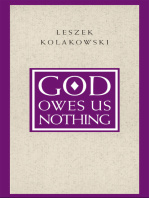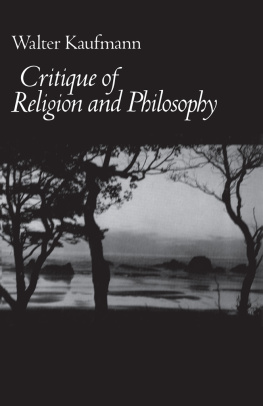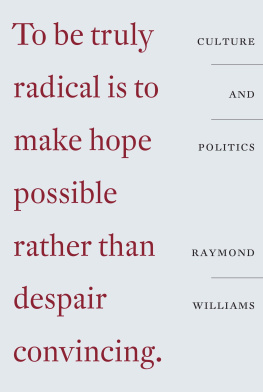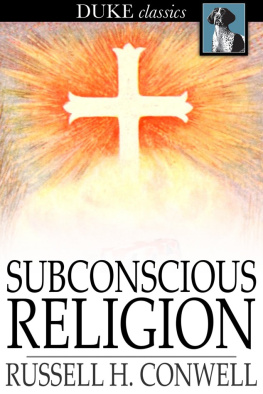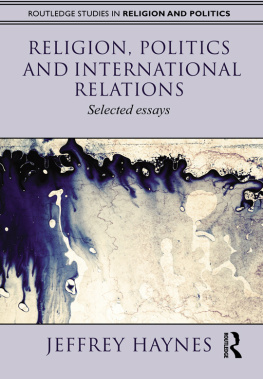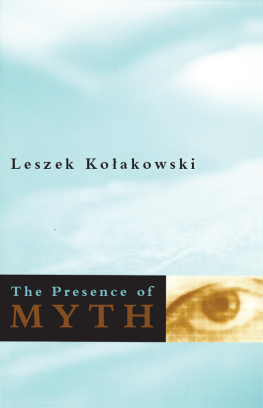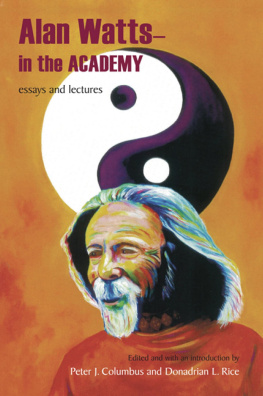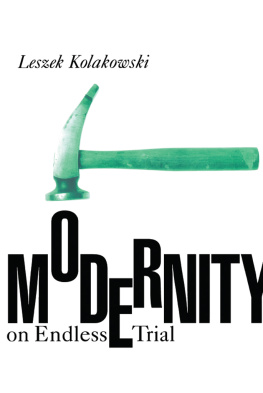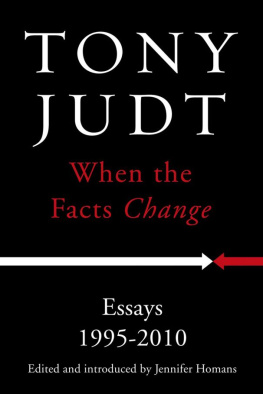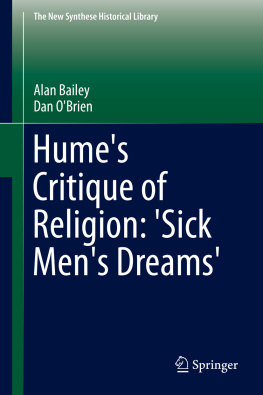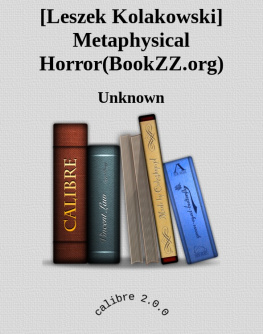IS GOD HAPPY?
Also by Leszek Koakowski:
Why Is There Something Rather Than Nothing?
The Main Currents of Marxism
My Correct Views on Everything
The Two Eyes of Spinoza
Metaphysical Horror
Religion
Freedom, Fame, Lying and Betrayal
God Owes Us Nothing
Modernity on Endless Trial
Tales from the Kingdom of Lailonia and The Key to Heaven
The Presence of Myth
Bergson
Husserl
IS GOD HAPPY?
Selected Essays

LESZEK KOAKOWSKI
BASIC BOOKS
A Member of the Perseus Books Group
New York
Copyright 1956, 1957, 1960, 1961, 1965, 1974, 1975, 1977, 1981, 1983, 1985, 1989, 1991, 1994, 1995, 1996, 1997, 1998, 2001, 2002, 2003, 2006 by Leszek Koakowski; Translations and introduction copyright 2013 Agnieszka Koakowska
Published by Basic Books,
A Member of the Perseus Books Group
All rights reserved. No part of this book may be reproduced in any manner whatsoever without written permission except in the case of brief quotations embodied in critical articles and reviews. For information, address Basic Books, 250 West 57th Street, New York, NY 10107.
Books published by Basic Books are available at special discounts for bulk purchases in the United States by corporations, institutions, and other organizations. For more information, please contact the Special Markets Department at the Perseus Books Group, 2300 Chestnut Street, Suite 200, Philadelphia, PA 19103, or call (800) 810-4145, ext. 5000, or e-mail .
A CIP catalog record for this book is available from the Library of Congress.
LCCN: 2012949200
ISBN: 978-0-465-07574-4 (e-book)
10 9 8 7 6 5 4 3 2 1
Contents
Leibniz and Job:
The Metaphysics of Evil and the Experience of Evil
The essays in this volume span over fifty years: a lifetime of work and thought. They have been selected to reflect both the authors main philosophical interests and the remarkable constancy of those interests over this long period. They also, of course, in some measure reflect his changing approaches to and assessments of questions and ideas to which he returned again and again throughout his life.
They are arranged thematically rather than chronologically, in three sections which correspond roughly to three categories of connected topics. A number of essays are published here in English for the first time. They are: .
The work for which Leszek Koakowski is perhaps best known in the West is his three-volume Main Currents of Marxism,essays which deal with Marxism, communism, socialism, totalitarianism and ideology.
The best and simplest way of introducing this section is to use Leszek Koakowskis own words, from his preface to another collection in which some of these essays appeared:
... part of this collection deals with questions and burdens imposed on us by communism and its historical vicissitudes. After all that has happened since 1989, the topic might seem obsolete, or of interest only as a historical study. I wish it were obsolete, but I am not sure it is. Communism was not a crazy fantasy of a few fanatics, nor the result of human stupidity and baseness; it was a real, a very real part of the history of the twentieth century, and we cannot understand this history of ours without understanding communism. We cannot get rid of the spectre by saying it was just human stupidity or human corruptibility. The spectre is stronger than the spells we cast on it. It might come back to life.
The opening essay in this section The Death of Gods appears here in English for the first time. Written in 1956, it is one of the earliest essays in this volume. It is also one of the most important from both a political and a biographical point of view. By 1956 Koakowski was known as a revisionist and had become a very prominent thorn in the side of the authorities. The essay is an extremely strong attack on the ideology and practice of communism, demolishing the false justifications of the regime and the myths which it propagated. It is astonishingly forthright for that time, and breathtaking in its lucidity and forcefulness. It was seized by the censor and remained unpublished in Poland until after the fall of communism, although it was circulated in underground manuscript copies.
What is Socialism? was another important early essay and a typically revisionist text which satirised the reality of the regime as a travesty of the ideals of socialism. Also written in 1956, also censored (indeed the journal for which it had been intended was shut down) and also unpublished in Poland until the fall of communism, it lived a brief public life pinned up on a bulletin board at Warsaw University until the authorities had it taken down. It, too, was later circulated in manuscript.
Both these essays were of great significance at the time; they are two landmark texts which caused a stir and remain important today. Another essay which stands out in this way is Jesus Christ, Prophet and Reformer, in the second section of the present volume. It, too, is an early essay, again written in 1956.
In 1966, on the tenth anniversary of the Polish October, Leszek Koakowski delivered a speech at Warsaw University which was to become famous: a devastating condemnation of the Party and the communist authorities, of opportunities missed and hopes unfulfilled since October 1956. For this he was expelled from the Party. In March 1968 he was expelled from his Chair at the university and banned from teaching and publishing.
The second section of this volume brings together essays on subjects connected with religion. Many of the topics touched upon here divine omnipotence and the existence of evil, the meaning of the sacred, idolatry and sacrilege, faith and reason, individual responsibility and divine Grace, reformist movements in the Catholic Church and those regularly re-emerging currents within it which were nourished by the hope of renewing Christianity and returning to the religion of the Gospels (discussed here in the essay on Erasmus) were explored by the author at greater length in a number of books, among them: Metaphysical Horror, Religion, and his works on the seventeenth century. The essay Leibniz and Job: The Metaphysics of Evil and the Experience of Evil is one of many texts on the problem of evil in this best of all possible worlds. The idea of the sacred is also a prominent subject in many of Koakowskis writings. The sacred as an essential and ineradicable element in human spiritual life is one of the topics explored in an important early book, The Presence of Myth, and later in Religion and in Metaphysical Horror. It is touched upon here in the essay about idolatry, Why a Calf? and in Anxiety About God in an Ostensibly Godless Age.
Next page

